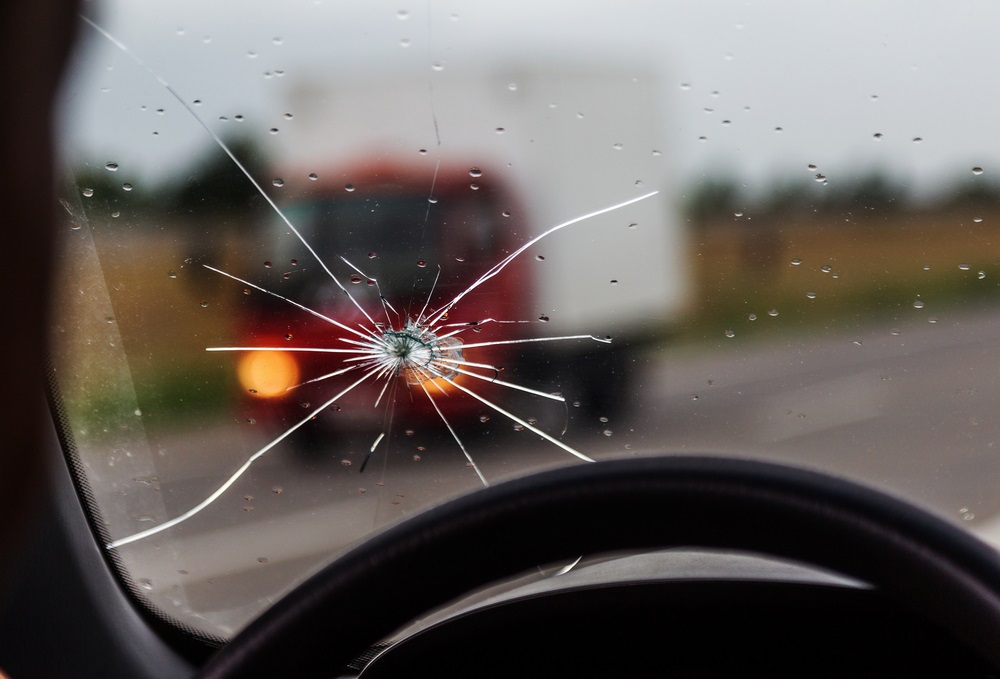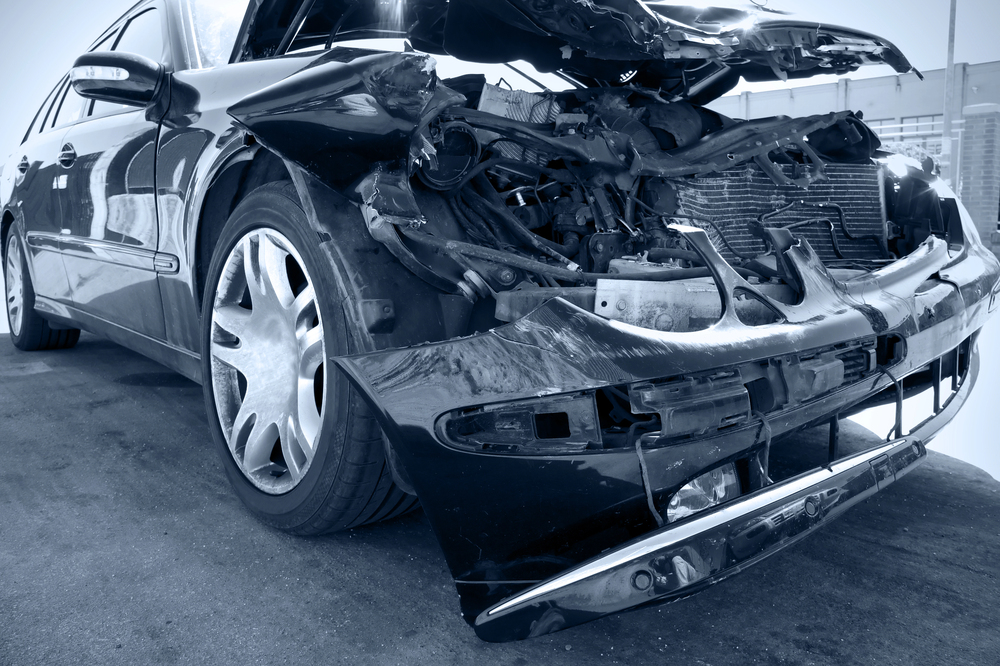Is a Windshield a Car Body Part?

By: Big “I” Virtual University Faculty
An insured’s 2018 Mercedes windshield needed to be replaced. The insured has comprehensive coverage with a $250 deductible, but the carrier denied original equipment manufacturer coverage for the windshield.
The agent informed the carrier that the insured’s state of residence, Indiana, has a law under which an insured is entitled to a new part for their vehicle if it is five or less years old. The carrier claims the law only applies to body parts and not glass.
Q: I disagree. On the paperwork given to the insured by the glass manufacturer, it states “Part discrepancy, OEM denied.” That assists in our argument that the windshield must be considered a part. What is the definition of a part and how do we combat this if the carrier incorrectly denied the claim?
Response 1: Contact the claims manager and include a copy of Indiana’s state law. This must be a rookie—which we all were at one time. Should that fail, advise the carrier that the policyholder is reaching out to the insurance commissioner. That is a wake-up call, believe me.
Response 2: Here is the Indiana statute. It does state “body parts.” If you disagree with the insurer’s interpretation, have the insured contact the Department of Insurance for their interpretation.
Section 8
(a) An insurer that is obligated to pay at least part of the cost of repairing the exterior of a motor vehicle under an insurance policy issued by the insurer may not direct a body shop to repair the motor vehicle until the insurer has presented the insured with a written notice that meets the requirements set forth in subsections (b) and (c).
(b) An insurer described in subsection (a) shall present the insured with a written notice that does the following:
(1) Informs the insured that the insured has a right to approve the type of body parts to be used in the repair of the motor vehicle.
(2) Gives the insured an opportunity, in approving the type of body parts to be used in the repair of the motor vehicle, to select from among the following:
(A) New body parts manufactured by or for the manufacturer of the motor vehicle.
(B) New body parts that were not manufactured by or for the manufacturer of the motor vehicle.
(C) Used body parts.
(c) An insurer described in subsection (a) shall give the insured an opportunity to indicate in writing the type of body part that the insured approves for use in the repair of the motor vehicle.
(d) This section applies only in the five (5) years after the model year of the motor vehicle.
Response 3: A windshield is not a body part. According to Indiana Code 27-4-1.5-1, body part means a replacement for any of the non-mechanical sheet metal or plastic parts that generally constitute the exterior of a motor vehicle.
Response 4: This is a legal question, rather than one for us insurance pros, and therefore should be addressed to an attorney with expertise in this area of the statute.
Response 5: The insured is entitled to a common usage definition of the word “part,” and any standard dictionary should give you the answer. The more important question is how you should go about disputing the insurance company’s decision.
The first step is to escalate the question to a supervisor, making the points you’ve already made and the potential harm to a customer relationship. If that fails, your role is ended. You have no legal standing for a dispute with your principal.
You can explain to your client what you’ve done on their behalf—without recommending any specific action. It’s up to your customer, if they choose, to take legal action to enforce this claim. I’m not familiar with the law in your state, but it sounds like the client is entitled to an OEM windshield. Denial on the basis that a windshield is not a “part” is silly in the extreme.
This question was originally submitted by an agent through the Big “I” Virtual University’s (VU) Ask an Expert Service, with responses curated from multiple VU faculty members. Answers to other coverage questions are available on the VU website. If you need help accessing the website, request login information.










